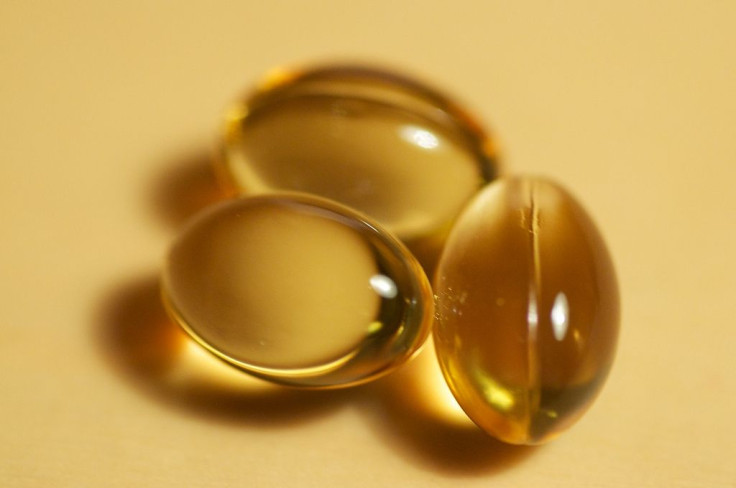Military Spending $10 Million to Learn if Fish Oils Prevent Suicide Among Veterans

The U.S. Department of Defense will spend $10 million on a three-year study investigating whether daily doses of omega-3 fatty acids, found in fish oils, can help curb the number of suicides among military personnel and veterans, researchers said on Monday.
The new clinical trial is expected to commence in January as part of the military's heightened focus on suicide prevention as the number of service members attempting to commit suicide has dramatically increased.
Data from the Department of Veterans Affairs showed that there were 17,754 suicide attempts among veterans last year, up from 10,888 in 2009. Statistics reveal that more soldiers committed suicide in July of this year than ever before since the U.S. Army began tracking such deaths, with 26 active-duty soldiers believed to have taken their own lives.
Researchers at the National Institutes of Health have long believed that a diet that is rich in omega-3 fatty acids, commonly found in fish and plant oils, can promote happiness.
Researcher Ron Acierno, director of the post-traumatic stress disorder clinic at the Veterans Affairs medical center in Charleston said that while omega-3 fatty acids, commonly found in fish like salmon, herring, mackerel, anchovies and sardines, is not produced by the human body, they are instrumental in repairing and regenerating human brain cells.
Omega-3s are the major fats in the brain that are essential for neural function and normal brain development, and in the past they have been found to help significantly in improving depression symptoms.
"The thinking is that the areas of the brain that are affected by this lack of a regenerative advantage of omega-3 also play a role in depression and other emotional disorders, and by proxy, suicide," Acierno said, according to Reuters. The study will examine the effects of daily omega-3 fatty acid supplements on about 320 at-risk military personnel and veterans, researchers said.
Participants in the study will include those who have talked about suicide as well as other with alcohol problems, post-traumatic stress disorder and depression. The participants, mostly veterans already receiving mental health services, will be given smoothies or commercially available "juice boxes" containing omega-3 for a six-month period and other will be given a placebo.
"It doesn't taste like medicine at all," Acierno said. "Here you have a very cheap intervention with very few side effects that could have significant impacts." The Veterans Administration estimates that a fifth of the suicides in the U.S. are committed by veterans and that the rate among service members is almost twice as high as in the general population.
"One of the questions this study hopes to address is do we see a clinical effect that is strong enough that the military would then consider providing supplements to all military personnel, not just those who are already experiencing depression?" said Bernadette Marriott, a professor in the Institute of Psychiatry at the Medical University of South Carolina and the principal investigator in the study, according to Reuters.
Researchers said the findings will help the government decide whether or not providing omega-3 supplements to troops will protect them against suicidal thoughts.
"The problem of suicide is big," Acierno said, according to Reuters. "But the problem of suicidality is massive, and that is having these suicidal thoughts. We don't want people to even have these thoughts or, if they are having them, to not have them as frequently."
Published by Medicaldaily.com



























